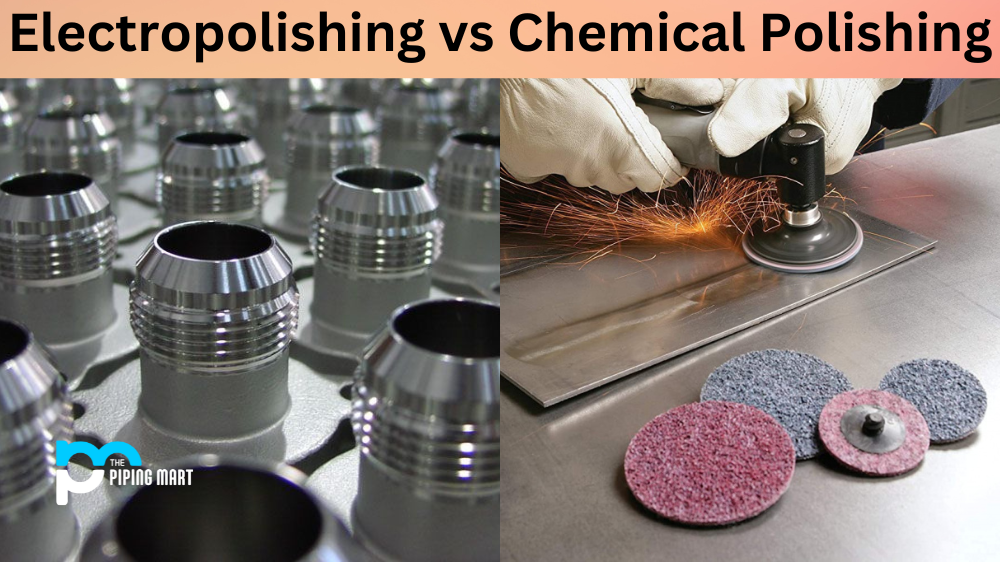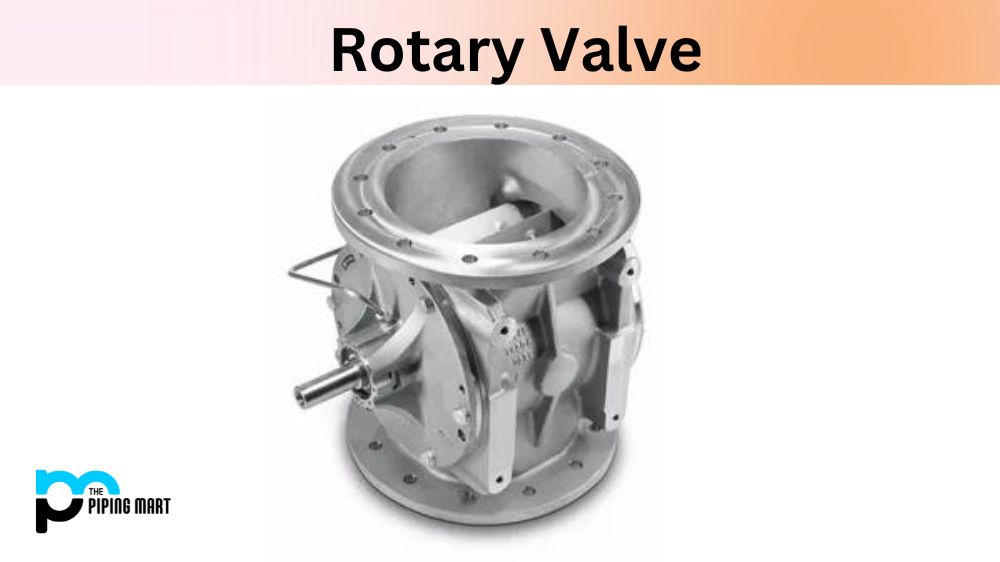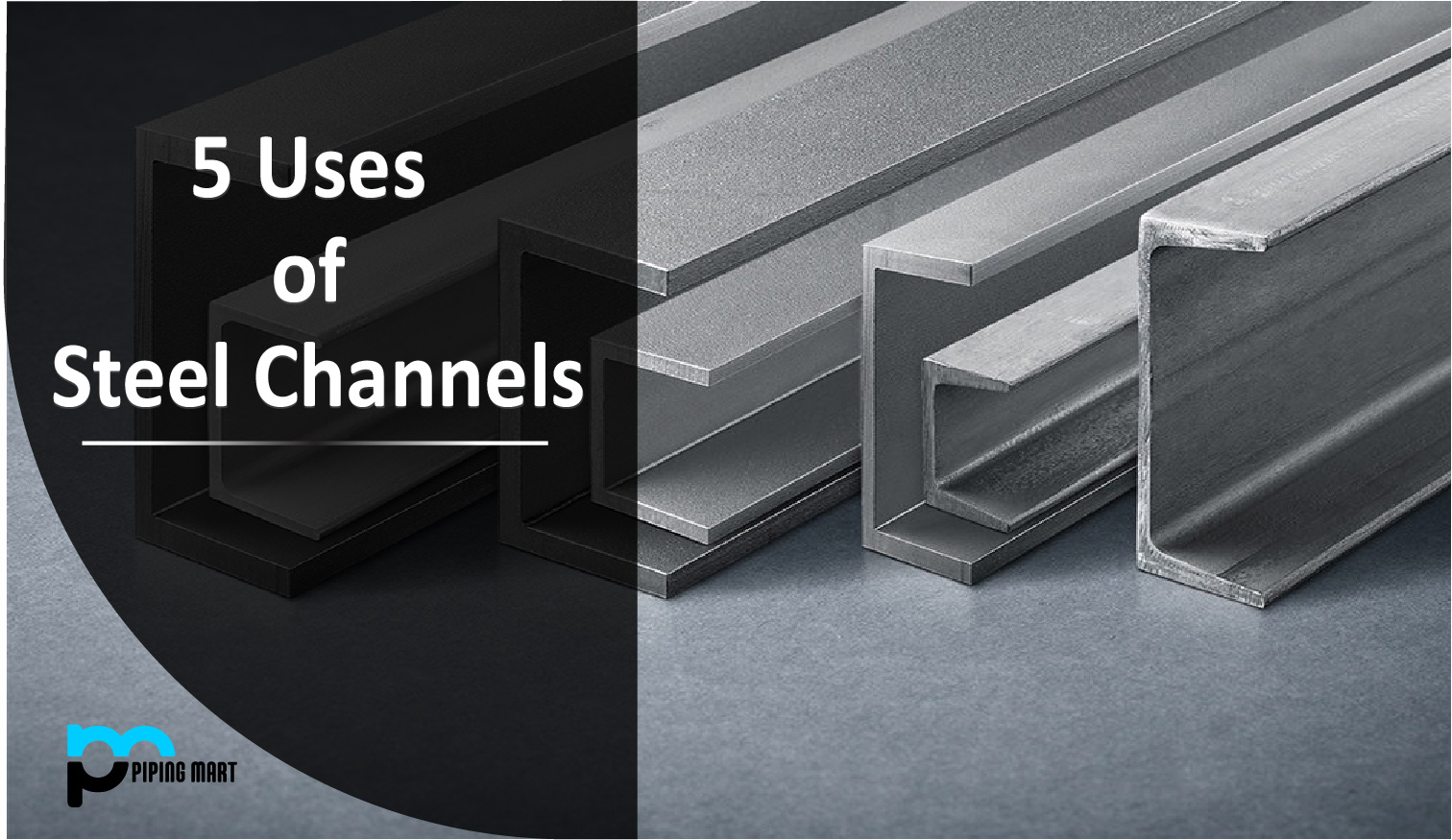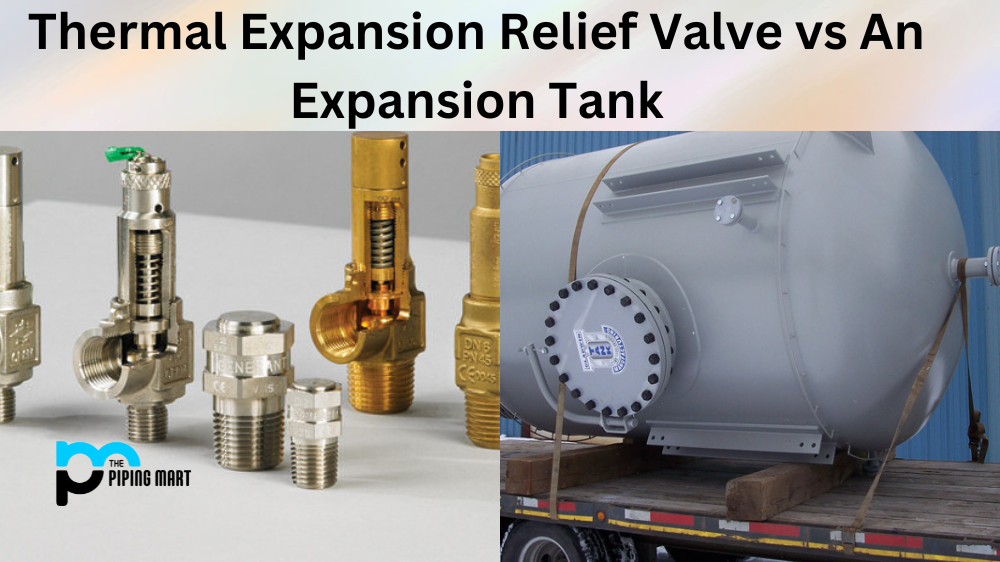When it comes to metal finishing, there are many options, such as grinding, buffing, and polishing. Even more intricate and precise techniques like electropolishing and chemical polishing exist for those looking for a finer finish. This blog post’ll examine the differences between these metal finishing techniques and their advantages and disadvantages.
What is Electropolishing?
Electropolishing is one metal finishing technique that utilizes an electrochemical reaction to achieve a precision finish on metal surfaces. During electropolishing, a current is passed through the metal parts immersed in an acidic electrolyte solution. As a result, microscopic areas on the metal parts are removed, leaving a smooth and shiny surface free of imperfections. Electropolishing can remove burrs, sharpen corners and edges, reduce surface roughness, and improve the overall surface finish.
What is Chemical Polishing?
Chemical Polishing is a technique that involves using different acidic or alkaline solutions to selectively dissolve the surface roughness of the metal without removing any material. This process modifies the surface roughness and free metal surface, filling in micro-crevices and removing the existing peaks. Chemical polishing can enhance the surface texture and increase corrosion resistance.
Difference Between Electropolishing and Chemical Polishing
Corrosion Resistance
Compared to electropolishing and chemical polishing, electropolishing significantly improves corrosion resistance. Electropolishing eliminates surface impurities and ensures that the surface is more resistant to corrosion because it removes a thin layer of metal from the surface of the workpiece, leaving a cleaner surface. This result is not evident in chemical polishing as they do not remove material from the surface.
Other Differences
- Electropolishing is a process that uses an electric current to remove metal from a surface.
- Chemical polishing is a process that uses chemicals to remove metal from a surface.
- Electropolishing is more efficient than chemical polishing, as it quickly removes metal.
- Chemical polishing is gentler than electropolishing and better suited for delicate surfaces.
- Electropolishing produces a smoother finish than chemical polishing.
Which is better?
Electropolishing excels over Chemical Polishing when there is a need to eliminate micro-crevices, sharp edges, and burrs, taking care of all these defects in a single step. Electropolishing is highly efficient in handling delicate materials where the surface requires Specific micro finishes. Electropolishing can give such materials specific finishes that reduce surface friction, improve their appearance, and avoid contamination. Chemical polishing is preferred when removing superficial surface imperfections, tubes, and flat surfaces, as it is cost-effective.
Conclusion
In conclusion, electropolishing and chemical polishing offer different advantages and can achieve different results. Whether you want to enhance the surface finish, improve corrosion resistance, or modify surface texture, both methods can be performed efficiently depending on the alloy and micro-finish required. Understanding the difference between these two metal finishing processes can help you to make the right decision for your project and achieve the desired results. If you’re still unsure about which metal finishing technique to choose, please contact us, and we’ll help you determine the best process based on your needs and requirements.

Hey, I’m Krutik, a casual blogger expert in the metal industry. I am passionate about providing valuable information to my readers. With a background in engineering and construction, I like playing Cricket & watching Netflix shows in my free time. Thank you for visiting my blog, and I hope you find my information helpful!




